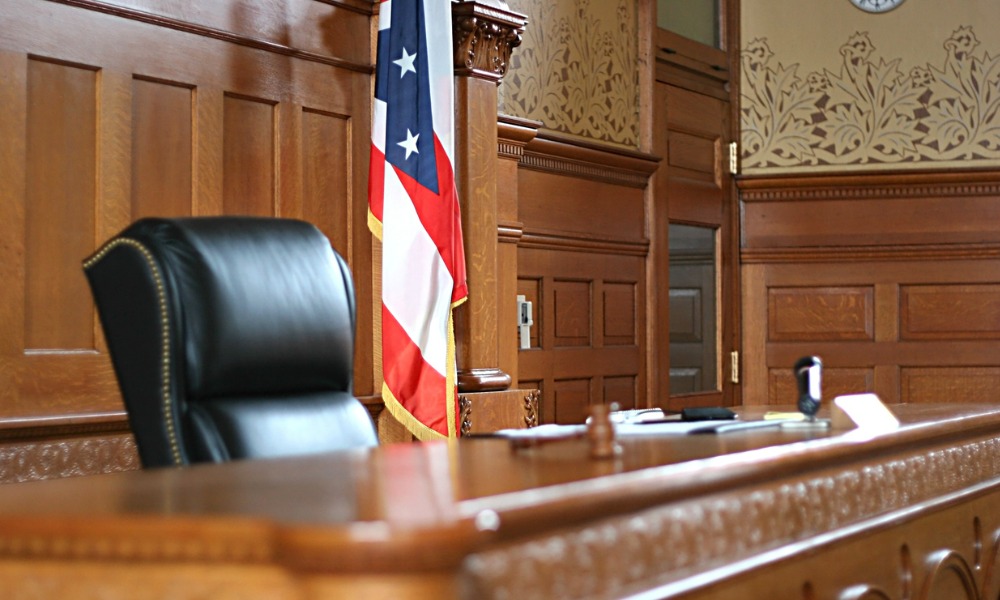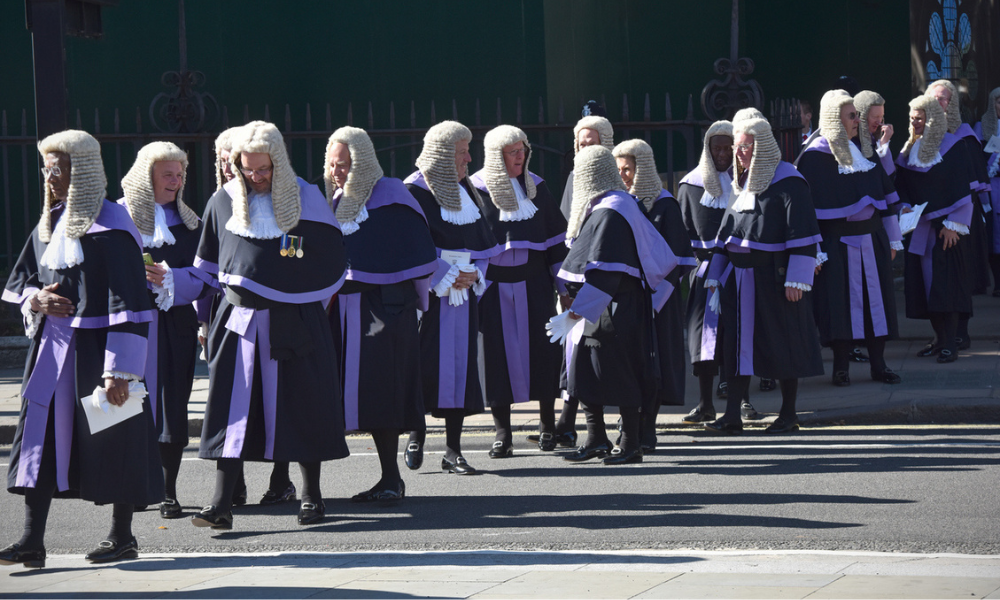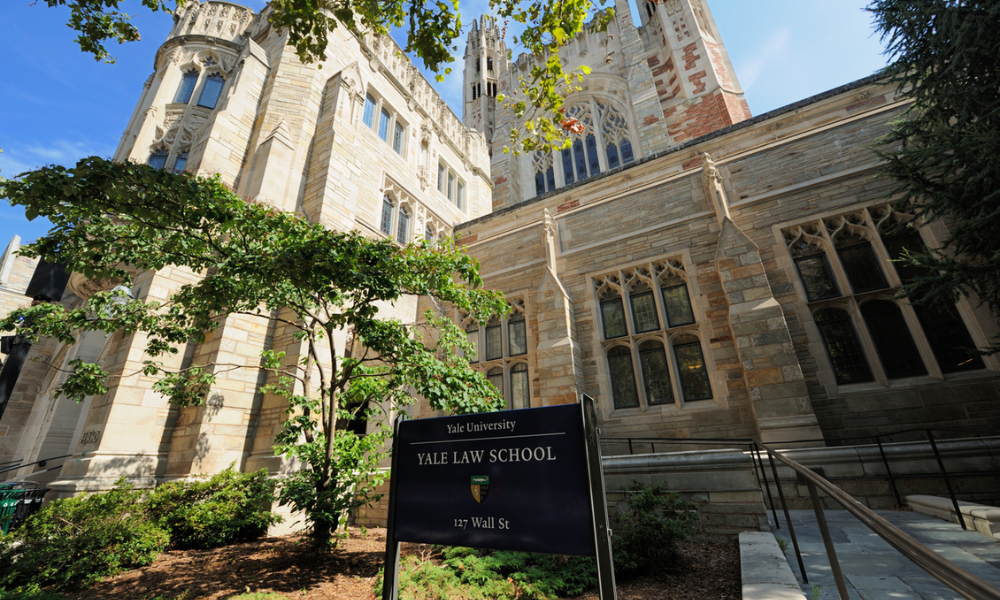The council’s president says the current minimum age is far too low

The Law Council of Australia called for lifting the minimum age of criminal responsibility to 14 years to improve justice outcomes for vulnerable children and remove the need for the fraught doli incapax presumption.
Law Council Directors from around Australia met in Darwin over the weekend and unanimously resolved to change the Law Council’s previous policy, which called for the minimum age of criminal responsibility to be raised to “at least 12-years-old.”
“We call on Australian attorneys-general to commit to raising the minimum age in every jurisdiction,” said Arthur Moses, president of the Law Council of Australia. “Raising the age of minimum criminal responsibility is not being soft on crime – it means adopting a just, proportionate approach. The evidence clearly shows those detained as children are often imprisoned as adults. This is not the trajectory we want for vulnerable children or the best way to keep our communities safe. Children must be protected, not criminalised, and prison should never be a rite of passage.”
According to Moses, the current minimum age of criminal responsibility in all states and territories, and under federal law, is 10 years of age – which he said is far too low.
“The incarceration of children as young as 10 is a national tragedy,” said Moses. “There is something wrong when children can’t join Facebook until 13, but in Australia can be prosecuted for a criminal offence at 10. Raising the minimum age of criminal responsibility to 14 would also remove the need for courts to consider the confusing and complex doli incapax presumption.”
Doli incapax is the legal principle that presumes a child does not possess the necessary knowledge required to have criminal intent. According to Moses, doli incapax has proven to be extremely difficult to apply in court.
“The presumption continues to wreak confusion as to whether the defence or prosecution bears the burden of proving that a child knew their conduct to be wrong,” said Moses. “This leads to errors and results in children being held in custody for lengthy periods of time before the presumption can be led or tested in court, and the child acquitted. As recently as last week, the Northern Territory Court of Appeal allowed an appeal in the case of KG v Firth which demonstrated the uncertainty surrounding doli incapax and the risks of its erroneous application.”










